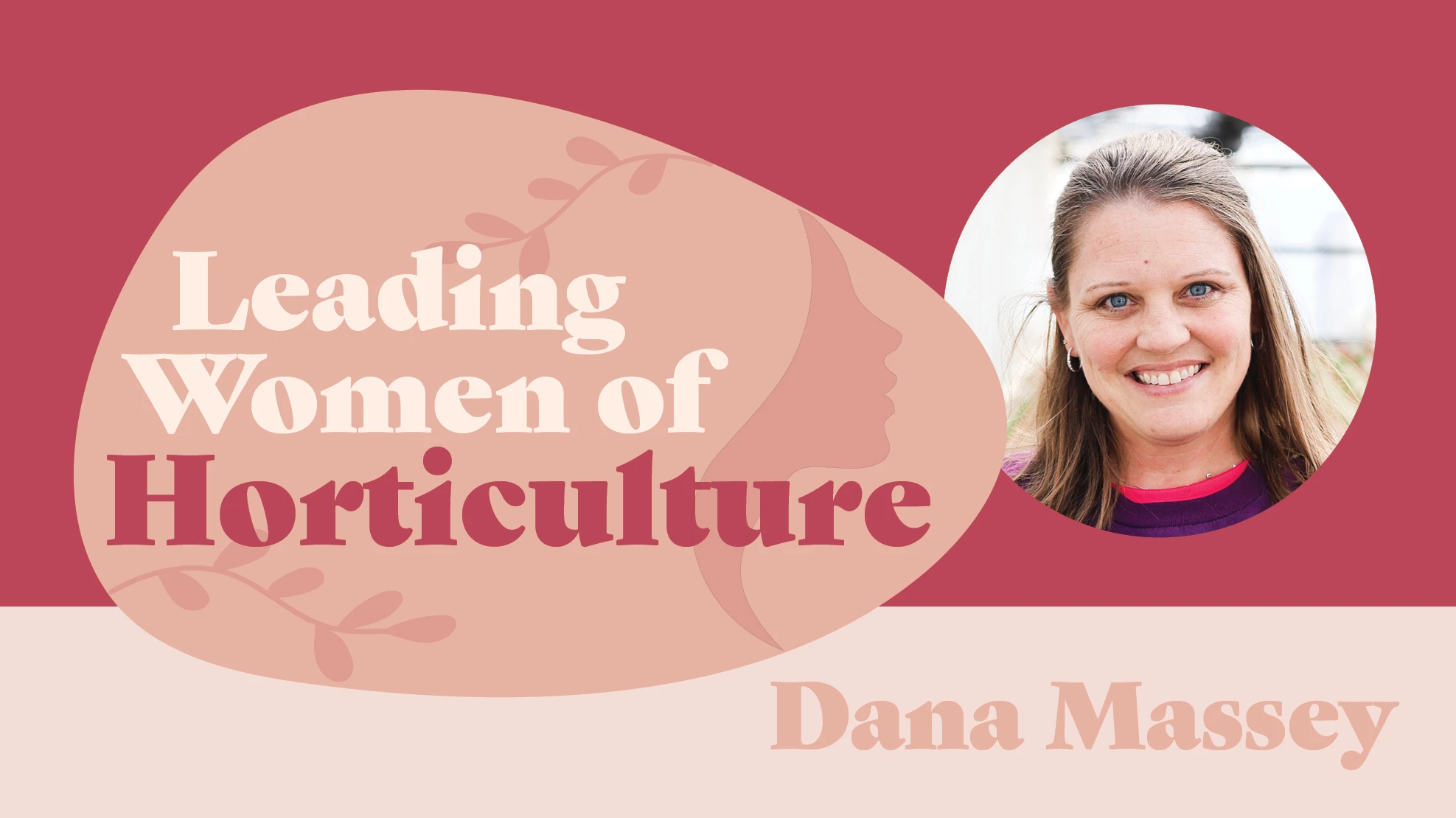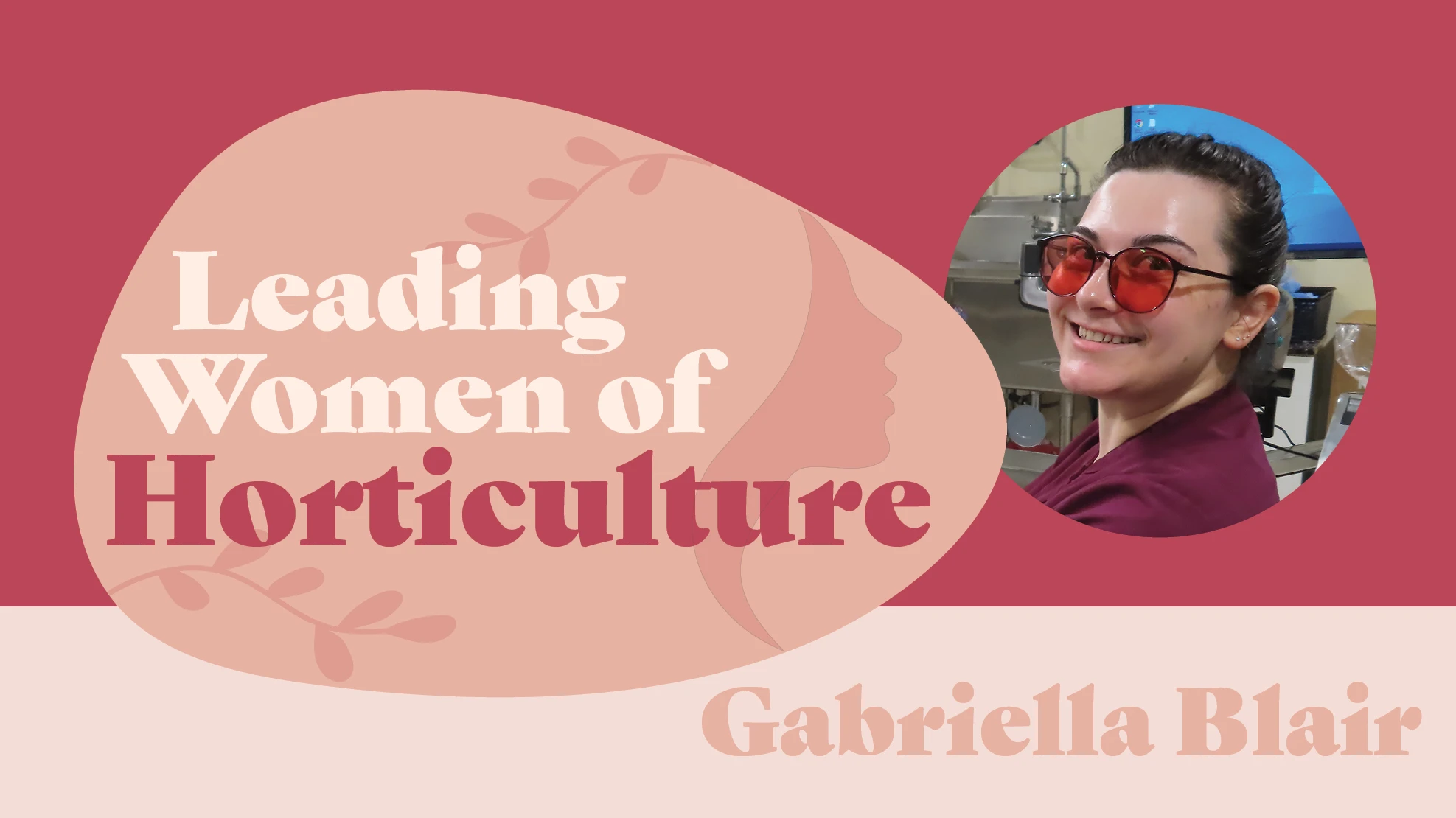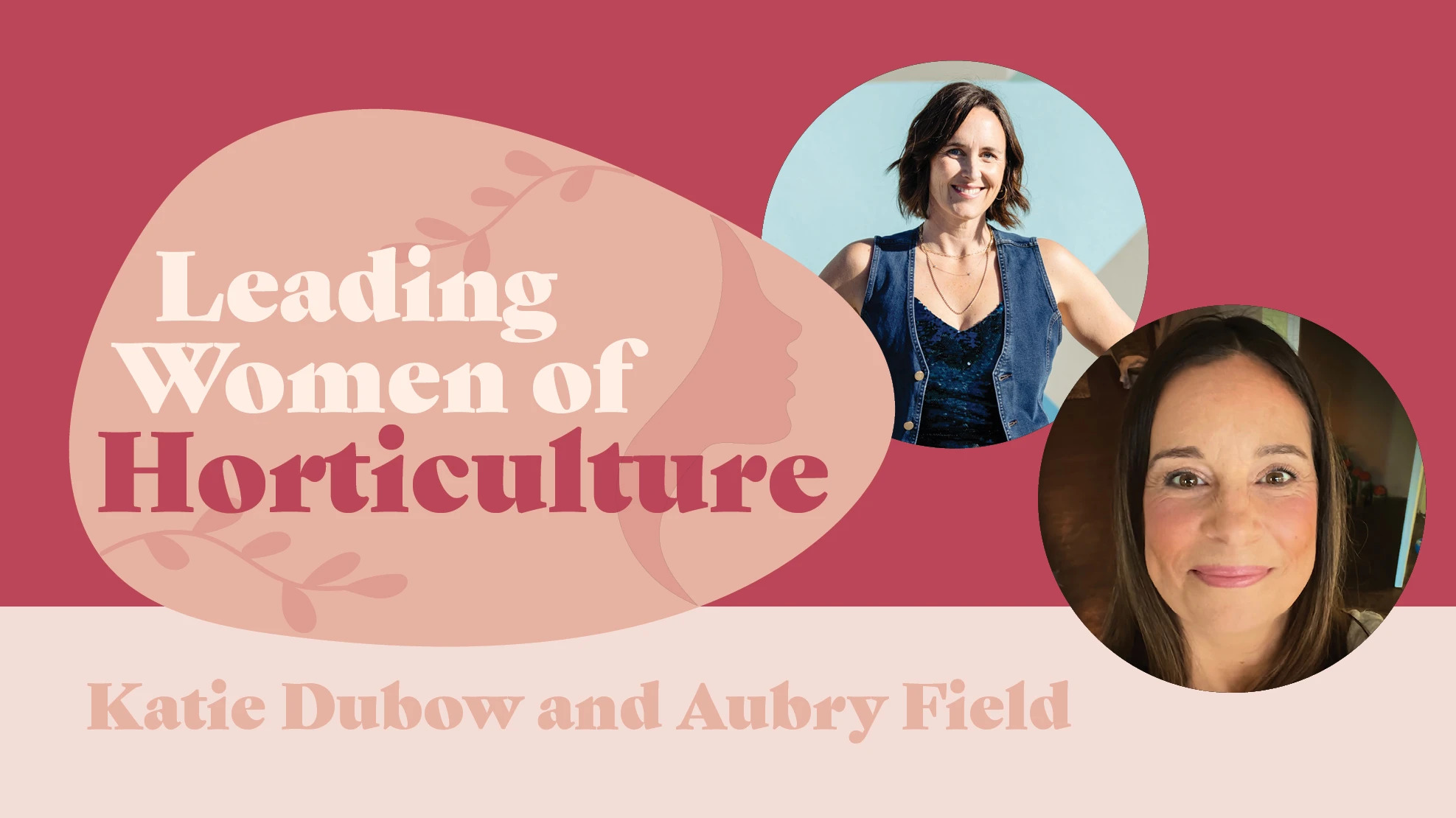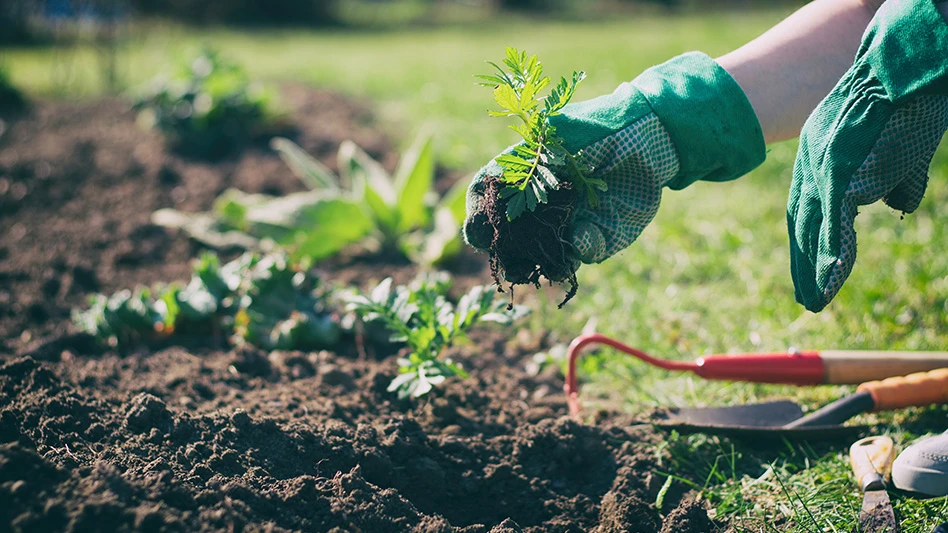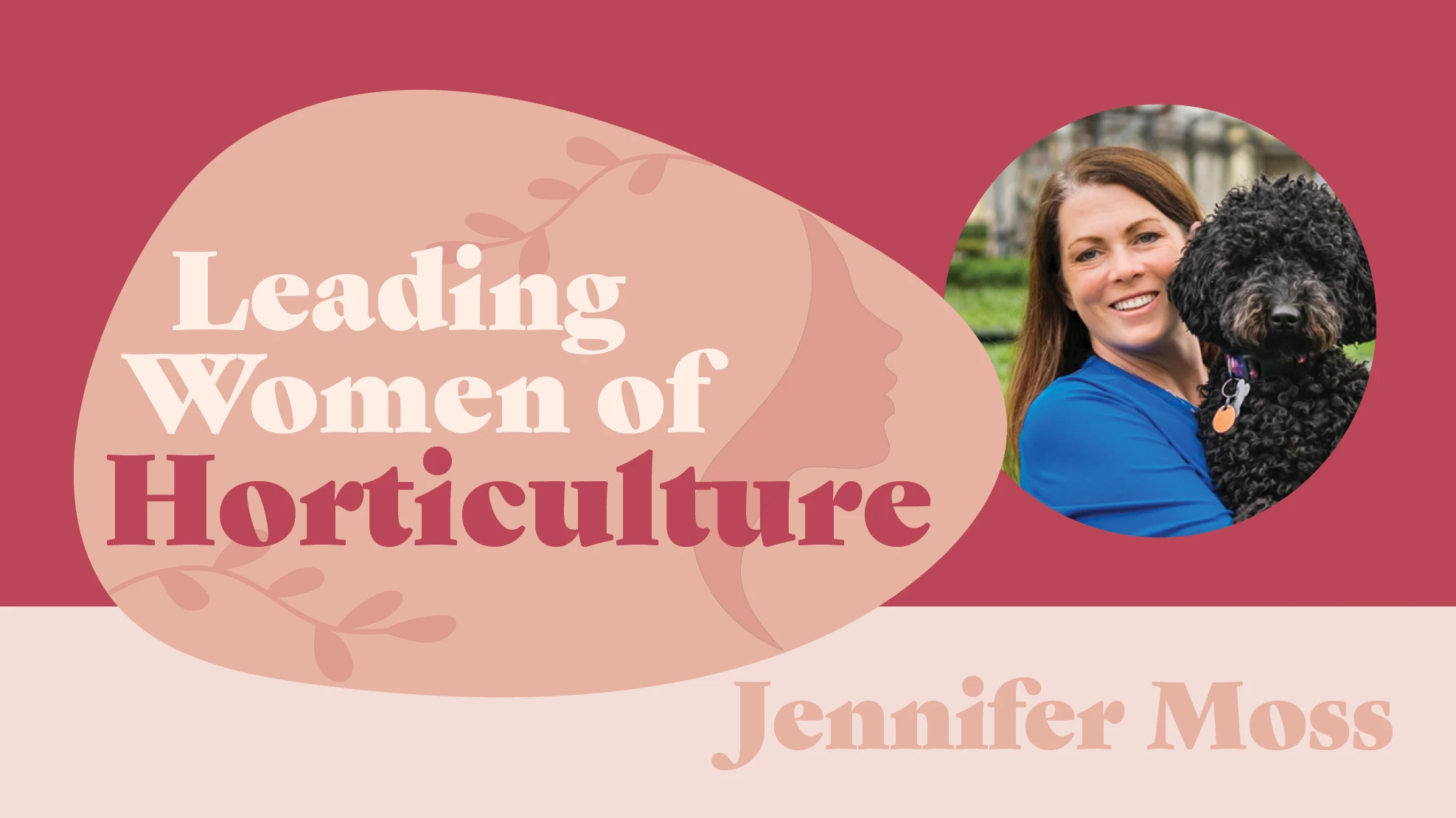

At Urban Garden Center, the key to success is adaptability. The third-generation garden center is owned by the Gatanas family, and the business has rolled with every punch since it opened in 1959. Dimitri Gatanas, current owner, says the geography and timing lined up for the IGC to become what it is now — a green fixture in the East Harlem neighborhood of Manhattan. Dimitri says his grandfather took a chance and pounced on the opportunity to create something unique in a city environment.
“And we found ourselves, after that point, always being ahead of something because we had to move. We found ourselves being in neighborhoods or spaces or places that weren’t ready for us. It was like starting all over again,” Dimitri says.
Location, location, location
Originally called Dimitri’s Garden Center, the IGC, owas founded by family patriarch Dimitri Gravanis in 1959. He served as a florist for 10 years before he opened the garden center on 86th street on the Upper East Side of Manhattan, and Dimitri’s Garden Center operated at this location from 1967 to 1987.
“That location seemed natural. It seemed waiting, willing to have a garden center. It was like it was ready for it. It was the prime time for that,” Dimitri Gatanas says.
In 1987, Dimitri’s Garden Center moved to 102nd and 2nd avenue in East Harlem, where it operated until 2007. Dimitri said the move was financial because the land was affordable and surplus. However, it was hard to attract new customers.
“What happened was a shock, and customers that we were used to servicing weren’t ready to make that jump to the community,” he says.
To get customers in the door, Dimitri’s Garden Center opened up a brick-and-mortar storefront along with the garden center to keep customers attracted to the business. From 2007 to 2010, Dimitri’s moved its location again, this time to the South Bronx. According to Dimitri, they didn’t change prices when they should have, and they changed up product lines — mistakes that backed Dimitri’s into a losing end of a fight. In 2010, opportunity knocked, and Dimitri’s Garden Center moved to 116th and Park avenue in East Harlem, where it’s thrived ever since.
“The community, it’s really diverse. They have all types of people here from very poor to very wealthy, and we adapted to that customer base,” Dimitri says.
Dimitri says it took decades to reach solid ground and changes were necessary to keep the business in motion.
“Older generational management was very stuck in their ways and they wanted us to do things a certain way. When we moved here, to East Harlem again, we changed the name,” he says. “It was Dimitri’s Garden Center for 50 years at that point. And then we decided that on year 50, we’re going to be called ‘Urban Garden Center.’ So, we believe these were appropriate changes to make.”
New changes attracted younger customers in a way he had hoped for, and this time Urban Garden Center was equipped to serve the community. One of the most drastic changes Dimitri has noticed is the frenzy for expensive, indoor tropical plants from customers who are young, single or newly married.
The Instagram connection
To cater to this audience, Dimitri uses Instagram to capture their attention. He suggests other IGC owners create an account if they don’t already have one.
“It’s a big source of business, even though we don’t sell directly through it. It attracts new customers and it also gives us new ideas and leads us into areas where we didn’t expect to,” Dimitri says.
Marketing by way of traditional ads is few and far between, with the exception of one community newsletter, he says. Urban Garden Center mostly uses Instagram and Facebook, and customers jump at the sight of rare or unique plants.
“I posted something about the Pink Princess philodendron — albeit, we were only able to get 10 of them, 10 little tiny forest plants — and we sold those within 12 hours from one post on Instagram at $120 apiece. I mean, that’s fascinating. It’s never been like that. It’s almost like the Dutch bulb craze. I mean, it’s crazy,” Dimitri says.
Due to the pandemic, the shift to online demand has surged. Online sales have tripled compared to last year’s entire sales — something Dimitri is pleased with. And while the demand is there, it has caused a supply chain backlog. Distributors can’t always get products and sometimes they have trouble refilling their shelves or making products available online.
“That’s creating chaos because now we have 1,400 items on our website and we have to keep going through them and seeing what’s available — or what’s not available — because things that were normally readily available are not now. So it becomes complicated,” he says.
Dimitri gleans inspiration from businesses like Terrain or The Sill, which are web-based businesses that also have brick and mortar storefronts.
“They’re internet businesses and they designed the business to be that way. They’re getting that right. And they’re doing it right online,” he says.
As far as small, mom and pop-owned garden centers, Dimitri thinks they’re miles ahead compared to others.
“They’re just not embracing the online culture at all in any meaningful way. And I think that could be devastating to them down the road. It’s kept us alive through this pandemic and it’s kept us relevant. And imagine if we spend more money and time on it, think what we can do,” Dimitri says.




Commitment to organics
Selling organic garden supplies has been a main focus of the business since it opened as Urban Garden Center. The IGC mostly supplies products that are either organic or what Dimitri deems to be “safe.” He says there are products they used to sell that he has vowed to never carry again — for instance, weed killer.“If you have weeds and you live in Manhattan, hire a gardener, use some vinegar, do something. But don’t use these products that are killing people, you know? Or, hurting them,” he says.
Dimitri stocks all kinds of organic or safe products — from Fox Farm, a huge cornerstone of the business, to Long Island Compost, a longtime supplier of topsoils and mulches. He also hopes to boost the IGC’s commitment to selling PittMoss products, which are made from recycled newspapers. They’ve also partnered with a small horse farm for composted tea. Dimitri makes it a point to know their partners and how they operate.
“I mean, it’s at a point where we don’t have to use the word ‘organic’ anymore. You just know it is,” he says.
Sara Gatanas, Dimitri’s wife, works alongside her husband and attests to the importance of organic and safe products from the customers’ perspective, who range from gardeners to farmers.
“They can’t even afford to be certified organic because it’s expensive for them and it’s time-consuming. They just don’t have that capacity,” she says. “But because we have a close relationship wit [our partners], we can tell our customers, ‘It’s not certified organic, but we know that they use organic methods.’”
Sara is sure of their partners’ practices because she’s seen them first-hand.
“You can go to the greenhouse and you can see. They have beneficial insects in the greenhouse doing their job. Because a lot of these people know all the different tricks and things that you can use instead of using chemicals,” she says.
People, especially farmers, realize how unsafe things like pesticides and fertilizers are, she says. And in her opinion, being around those types of chemicals, smelling them, isn’t good for people.
She suggests customers use organic soil in their vegetable gardens, which have seen a big boom due to the pandemic. Many people are growing fruits and vegetables on their terraces, rooftops and inside their homes, she says.
“A lot of people are doing indoors, but before it was mostly outdoor. I mean so many more people,” Sara says. “And we’ve never sold so many vegetable and herb flats and packs as this year.”



Planning for the future
Urban Garden Center is handling COVID-19’s impact as well as it can. It has adjusted its hours and capacity, and enforced social distancing for employee and customer safety. Dimitri says customers often complain about long lines.
“And I understand, trust me — I hate waiting in line. But I mean, what are we going to do? You’re also not doing anything right now,” he says. “You’re working from home all this time. And then you have this time to spend. Why not just enjoy the ride for a moment and not be upset about it?”
One of the drawbacks is that the IGC can’t service as much demand as they’d like, but they’re gearing up to improve as they transition into more of a phone/internet-based business to fit the needs of the market during the pandemic. He plans on adding remote, back-office support to assist with phone orders.
One of the other things that has helped the IGC thrive is its focus on staying abreast of the trends. They started making recycled pallet boxes 10 years ago, which garnered a fair amount of public interest. But now, the demand has exploded for recycled pallets because many restaurants in Manhattan are scrambling to use these products in their outdoor setups due to COVID-19 restrictions.
“We see things happening that we were ready for 10 years ago. We’re going to expand on all these things and we’re going to be ready,” Dimitri says. “Look, there could be a second wave, a third wave of this pandemic, and we want to be relevant.”
COVID-19 was just one punch to the business. In 2014, they dealt with a gas explosion and in 2016, they dealt with a fire (both of which occurred in the spring). “Find every opportunity to learn from this experience, because it’s going to keep you in business if you play your cards right. Knowing where your shortcomings are and where you’re not getting it right is a real eye-opener. And then hopefully we all, as an industry, get through this in a really amazing way,” Dimitri says.
As for the future, Dimitri has big plans. The IGC has operated a café for three years, which is currently on hold due to the pandemic. He says they had plans to expand the café to a second location, but that is also on hold. His goal is to open brick-and-mortar satellite plant shops that serve coffee and plant-based fare once the pandemic settles down.
They’re also working with a farm, which will not only grow oversized boxwood and bonsais for the IGC, but also offer a gardening experience where people can “get out to the country” and garden, farm-to-table style. This process is still in development, but it’s one Dimitri is looking forward to starting. He’s also going to launch an updated website.
“We’re looking forward to being an internet store and we want to be ready for just about everything,” he says.
Get curated news on YOUR industry.
Enter your email to receive our newsletters.

Explore the August 2020 Issue
Check out more from this issue and find your next story to read.
Latest from Garden Center
- Brand Spotlight: Growing Sweet Success in Small Spaces with Butterfly Candy™ Buddleia
- Super Charged Moon Juice from Moon Valley Nurseries now available nationally
- 2025 Proven Winners Horticulture Scholarship applications now open
- Leading Women of Horticulture: Anna Ball, Ball Hort, and Terri McEnaney, Bailey Nurseries
- Dümmen Orange North America celebrating 25th anniversary in 2025
- Illinois Landscape Contractors Association changes name to Landscape Illinois
- Leading Women of Horticulture: Arden Pontasch, North Creek Nurseries
- Spring Meadow Nursery's Freedom Shelley finds joy in plants

